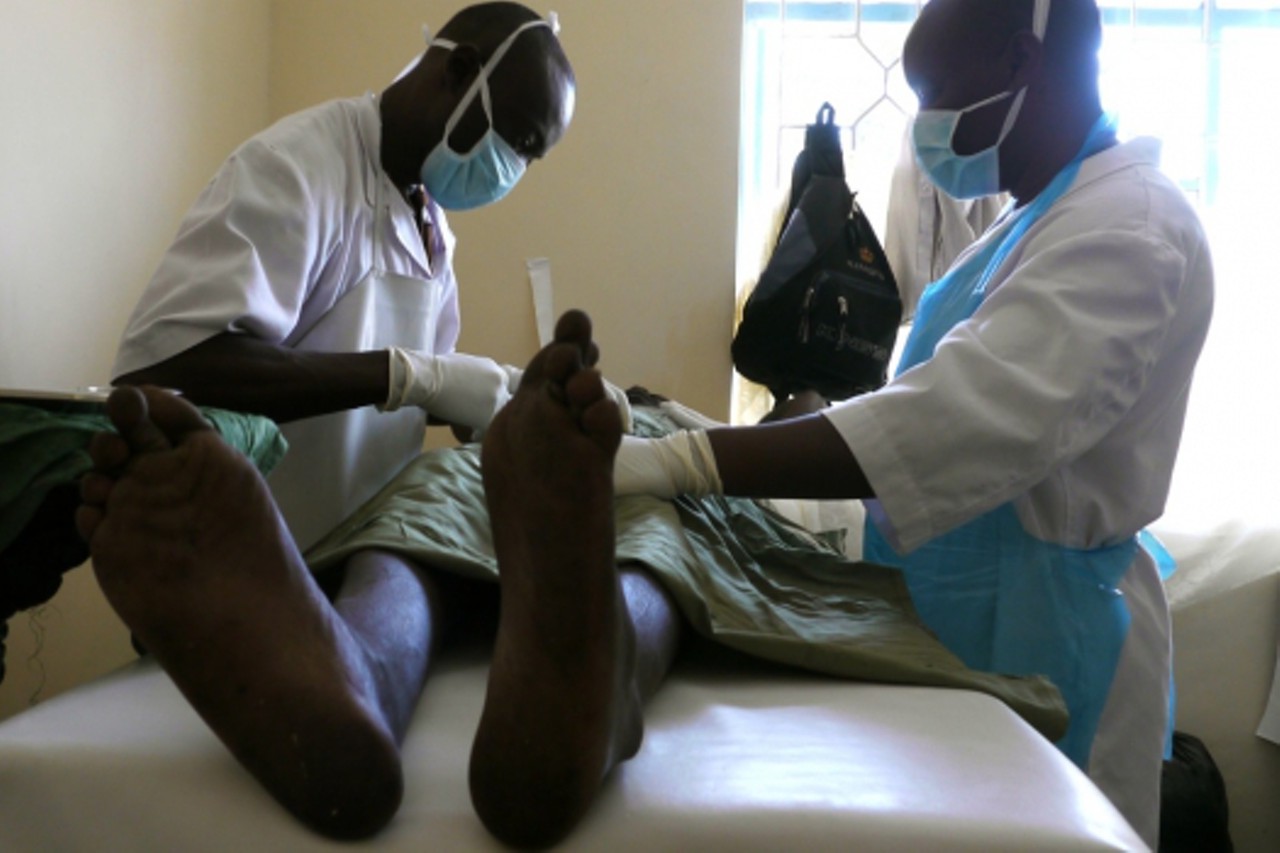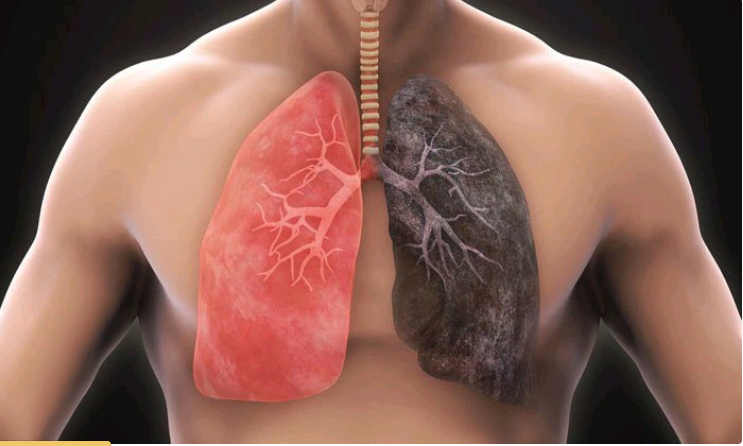Nkhata Bay was one of the three districts in the northern region that took part in Voluntary Medical Male Circumcision National Campaign in August 2015.
Unfortunate Nkhata Bay District Health Office (DHO) has failed to meet the Voluntary Medical Male Circumcision district target of 850 clients by circumcising only 327 clients during last month’s national campaign.
Voluntary Medical Male Circumcision Coordinator, Khumbo Nyasulu disclosed this during a meeting for the district heads of department.
He said one of the challenges for low turn up was that some religious and traditional leaders in the areas of chiefs Mkumbira, Malanda and Fukamapiri where the exercise was conducted were confusing the exercise with Islamic religion.
Nyasulu said the campaign results have shown that most adults are still not flexible to come forward for the service as only 62 men aged 25 years and above got circumcised. The other 265 clients were aged between 10 and 24 years.
“We are going to have interface meetings with church leaders, community leaders, youth clubs and schools and other influential leaders to take a leading role in sensitizing their followers and dispelling rumours against voluntary medical male circumcision,” Nyasulu said, adding that motivational talks involving individual and couples will also be intensified.
Medical male circumcision, the surgical removal of the foreskin of the penis, is one of the most common surgical procedures worldwide and it has been usually practiced for religious, cultural, and or social reasons.
Recently, scientific evidence has shown that Medical male circumcision has a number of health benefits and besides being hygienic, it reduces risk of contracting HIV by 60 per cent. It also reduces the risk of acquiring urinary tract infections as well as risk of contracting sexually transmitted diseases such as syphilis.
Furthermore, it has been established that cervical cancer is more common among women partners of uncircumcised males compared to partners of circumcised males.
The voluntary medical male circumcision exercise was funded by World Bank through National AIDS Commission (NAC) and 48750 men are expected to be circumcised by 2020 in Nkhata Bay.





No comments! Be the first commenter?